Senioritis and Its Effect on Sports
Senior running back Bridger Sutherland sprints to celebrate with his team after he scores the first touchdown of the game on Friday September 3rd, at Frederick High School. Silver Creek finished the game with four more touchdowns, winning the game 36-20.
Friday night lights are the main event for high school seniors in the fall. The whole week, the football team prepares for the game, and the whole day students plan their night and what they are going to wear. The seniors, of course, are the most excited as it’s their year to be in front; leading the cheers, choosing the themes, and above all, booing the freshman because they never cheer.
School comes first for athletes and on those Friday night games it’s a very important topic. If a student athlete even wants to be able to ever dress up for the game, you have to be eligible, and for some that can be very hard.
“Sports make me less motivated to do school work because more of my focus is going into the sport,” said three year varsity starter Bridger Sutherland. “I’ve never been ineligible,” said Sutherland, “but sometimes it’s challenging to keep everything balanced.”
The word ‘senioritis’ has become popular over the last year and a half as pretty much all of last school year was online. This form of laziness has impacted mainly students, but teachers as well. Especially if the teachers have seniors you’ve had a first hand experience of what seniors are thinking and why they tend to lose focus on their school work.
“If a student wants to go to college and is motivated, they will get their work done on time and show up to class,” said twelve grade teacher and head football coach Brian McGee.
As seniors are typically the best players on each sport team, it can affect the team when a senior is ineligible to play. If their laziness carries from week to week they might not be able to play in their final season at all, which can really hurt the team. If the senioritis struck at the end of the athletes junior year and they were ineligible, they would have to sit out half of their next season.
“By the time players are seniors, most of them have figured it out and realize what’s important and can get their work done on time,” stated McGee. “So far no seniors have been ineligible on the football team,” said McGee. “There have been a couple of juniors and underclassmen but that’s more common to see.”
For players it’s expected to be in their advisory class and be on top of their work. Even if the student doesn’t want to go to college, participating and being respectful shows a lot to the teachers and the coaches. The expectations have stayed that way at Silver Creek and Brian McGee says being a student athlete has changed since he was in high school.
“Today student athletes feel a sense of entitlement,” said McGee. “Then (in McGee’s high school years) we did everything we could to impress the coaches or teachers because we knew you had to put in the work to get things done.”
Senioritis has sparked up in the last year but it has always been around and doesn’t seem to ever go away. Its effect on sports can be heavy and causes problems especially if a junior’s senioritis hits a little too early. This hurts the players and the coaches, and will ultimately affect a whole game or even a season.

Eli Hubert is a senior at Silver Creek High School. Eli is in the journalism program because it seemed interesting, and he wanted to learn more about the...





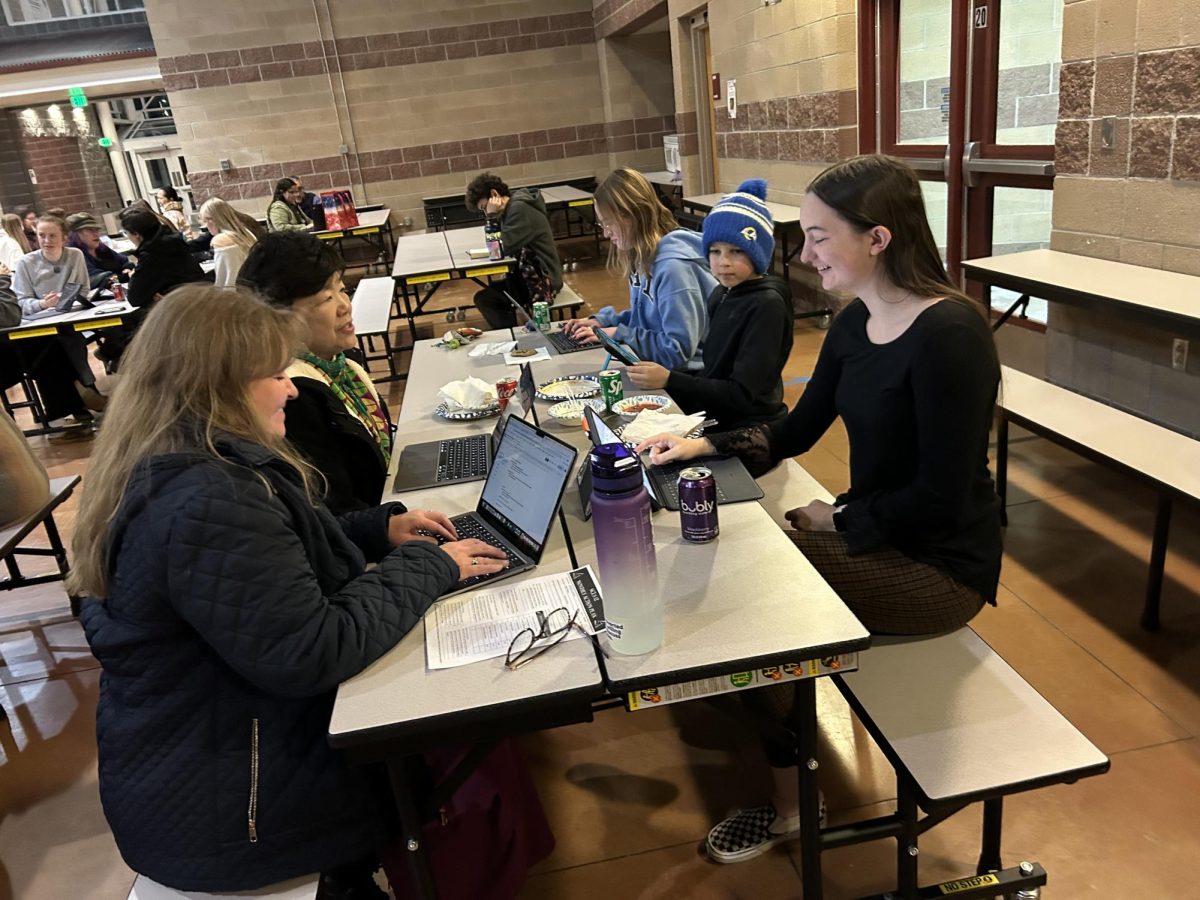
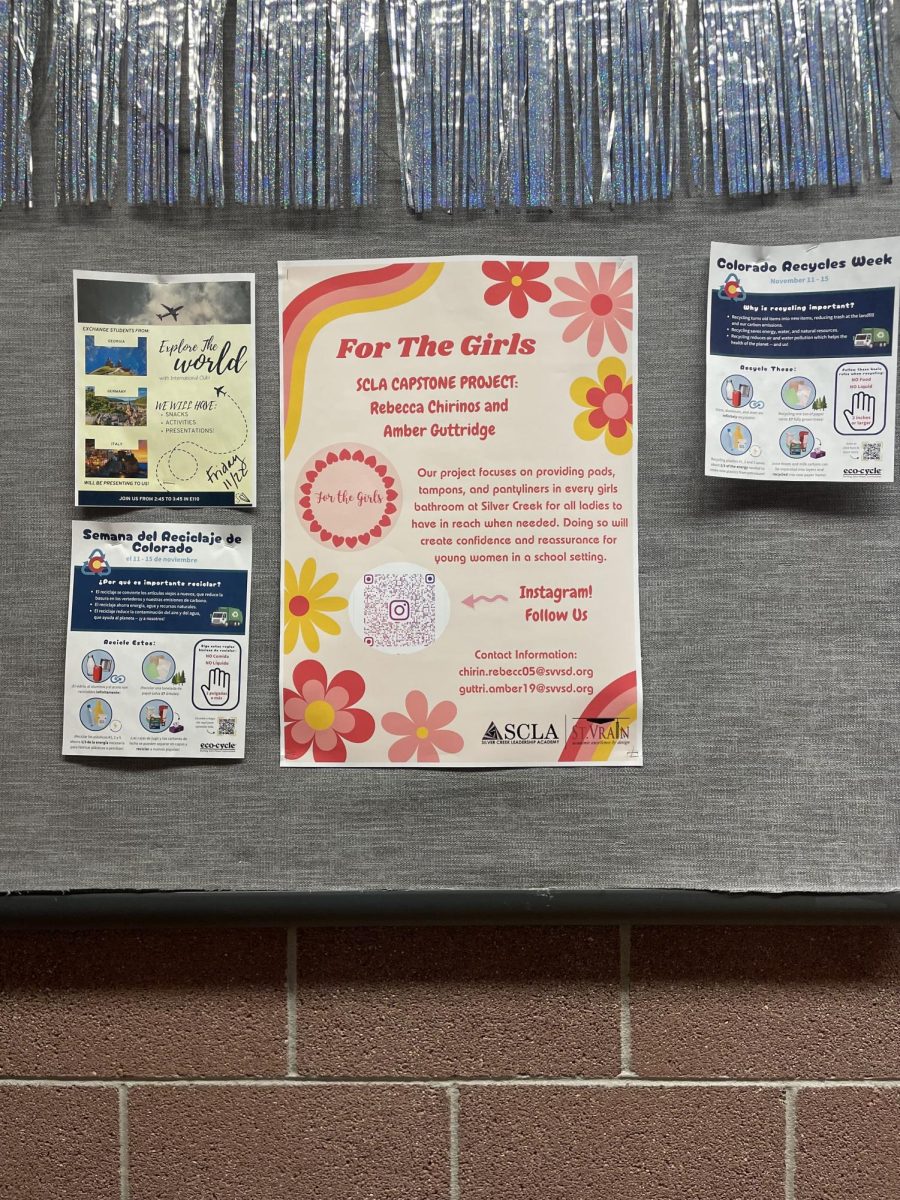

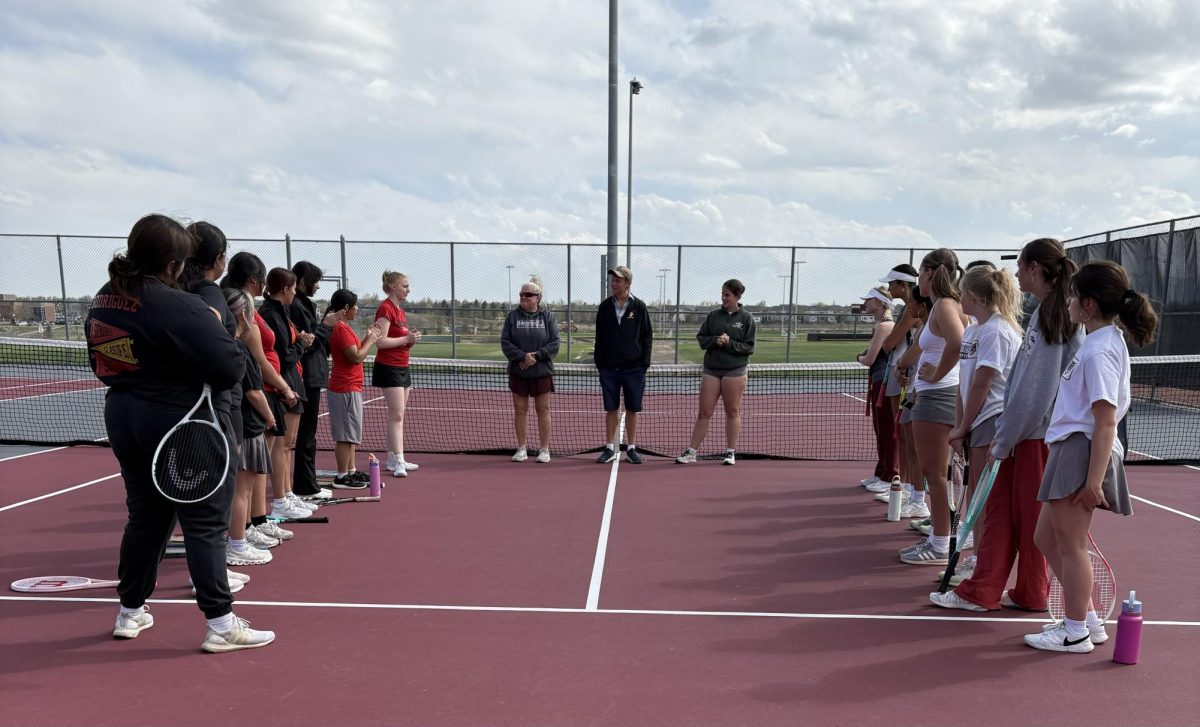
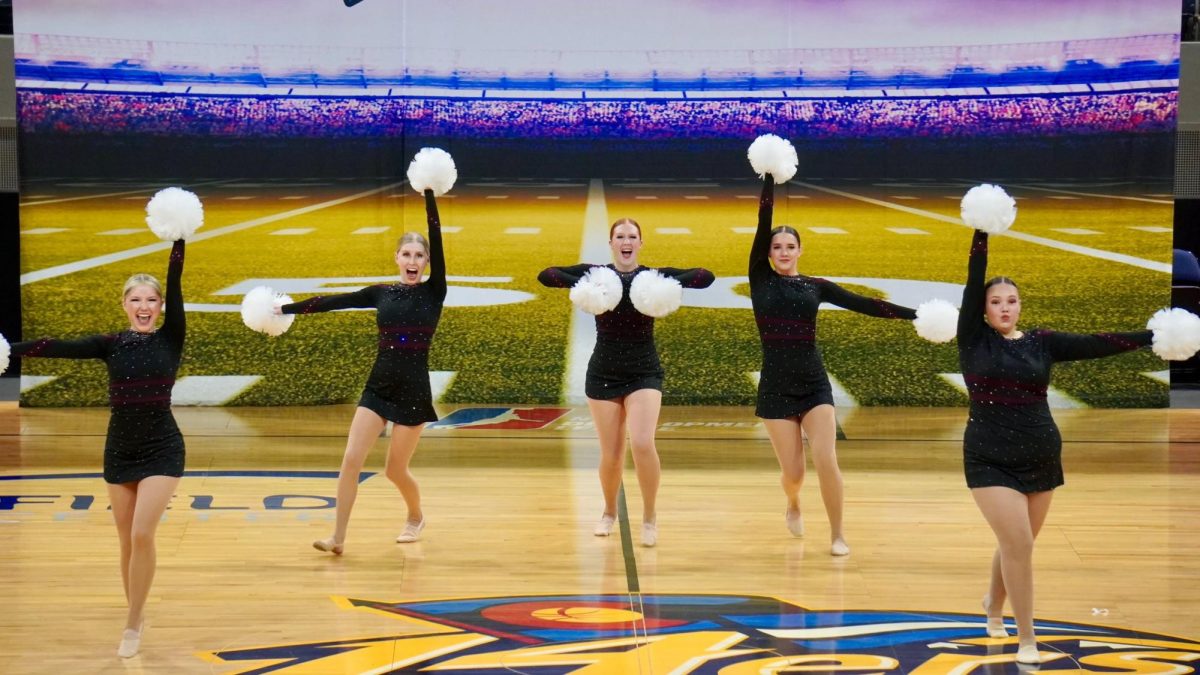
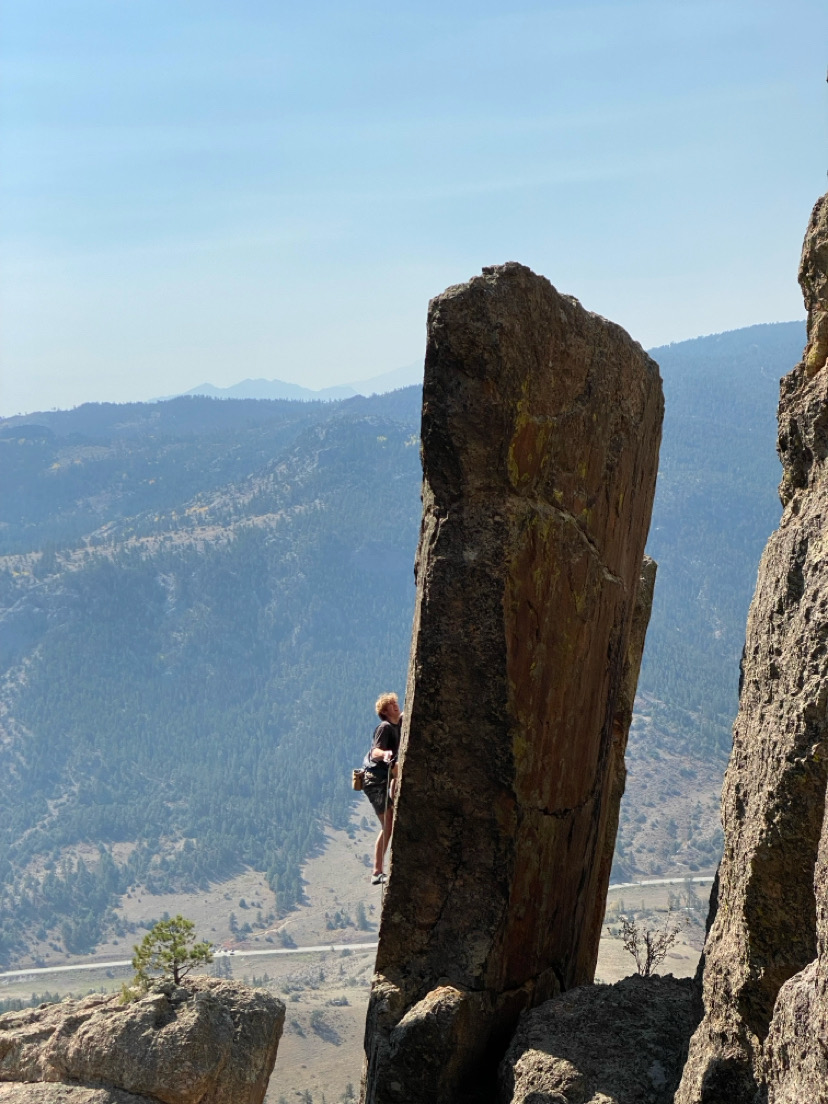
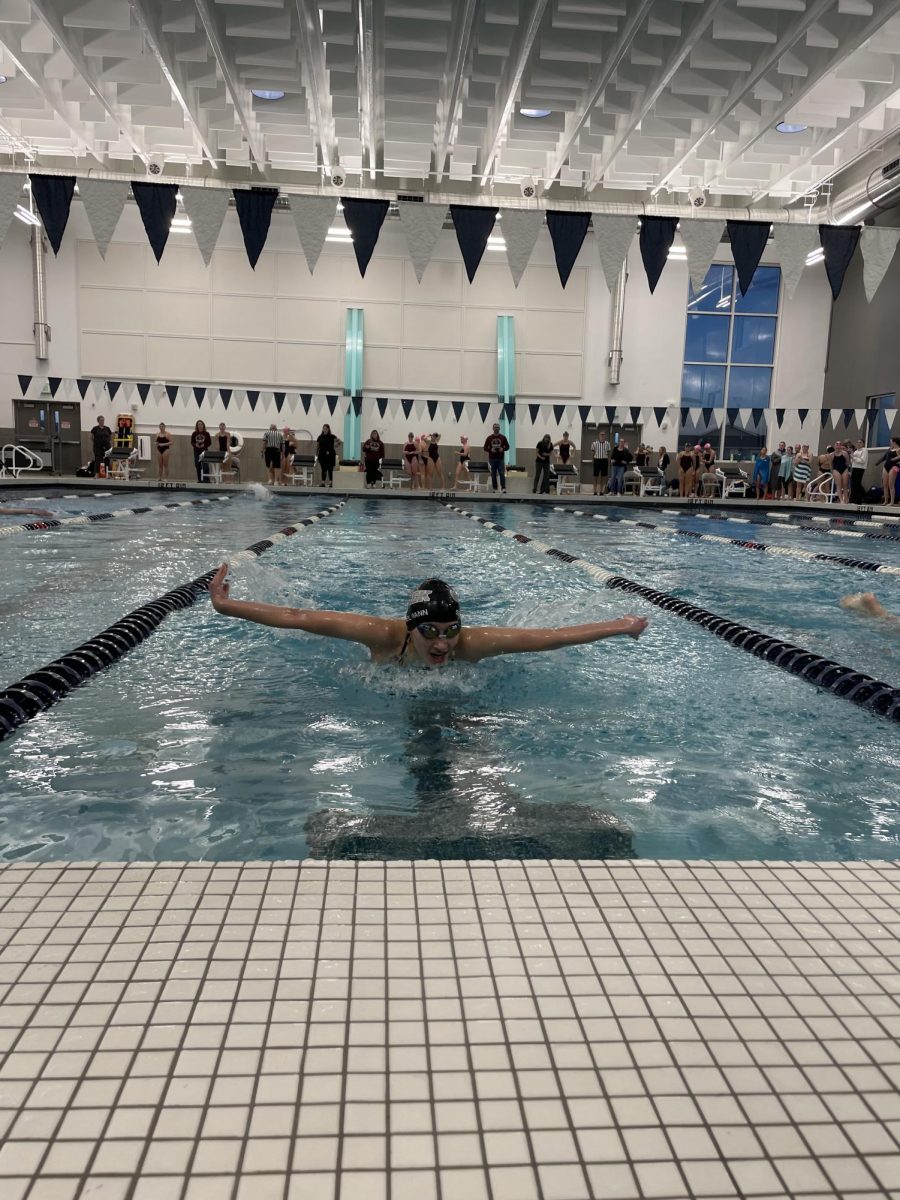
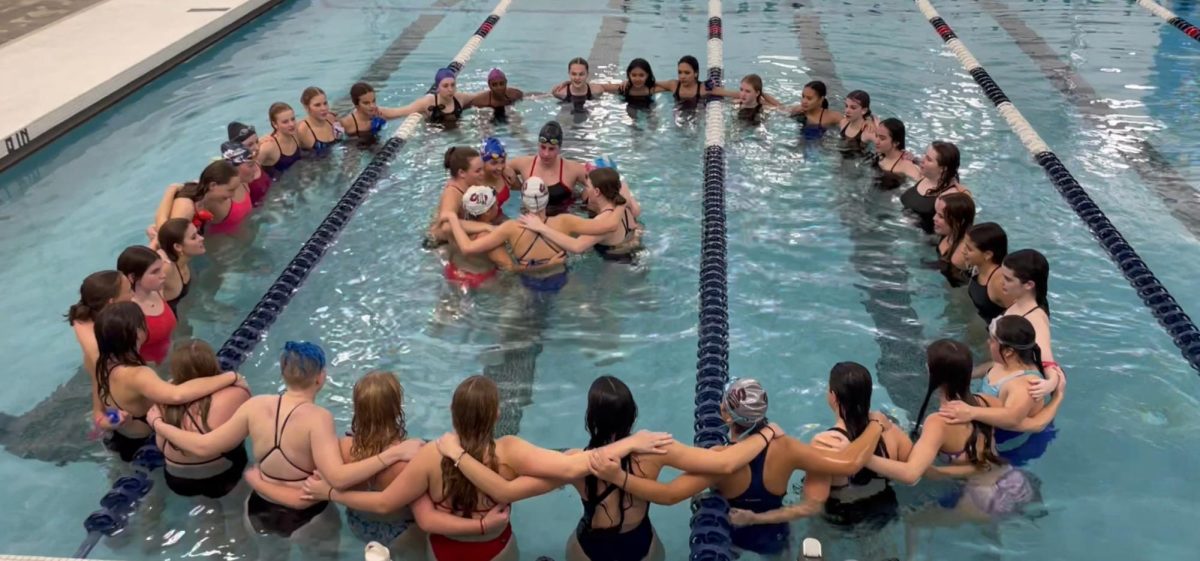
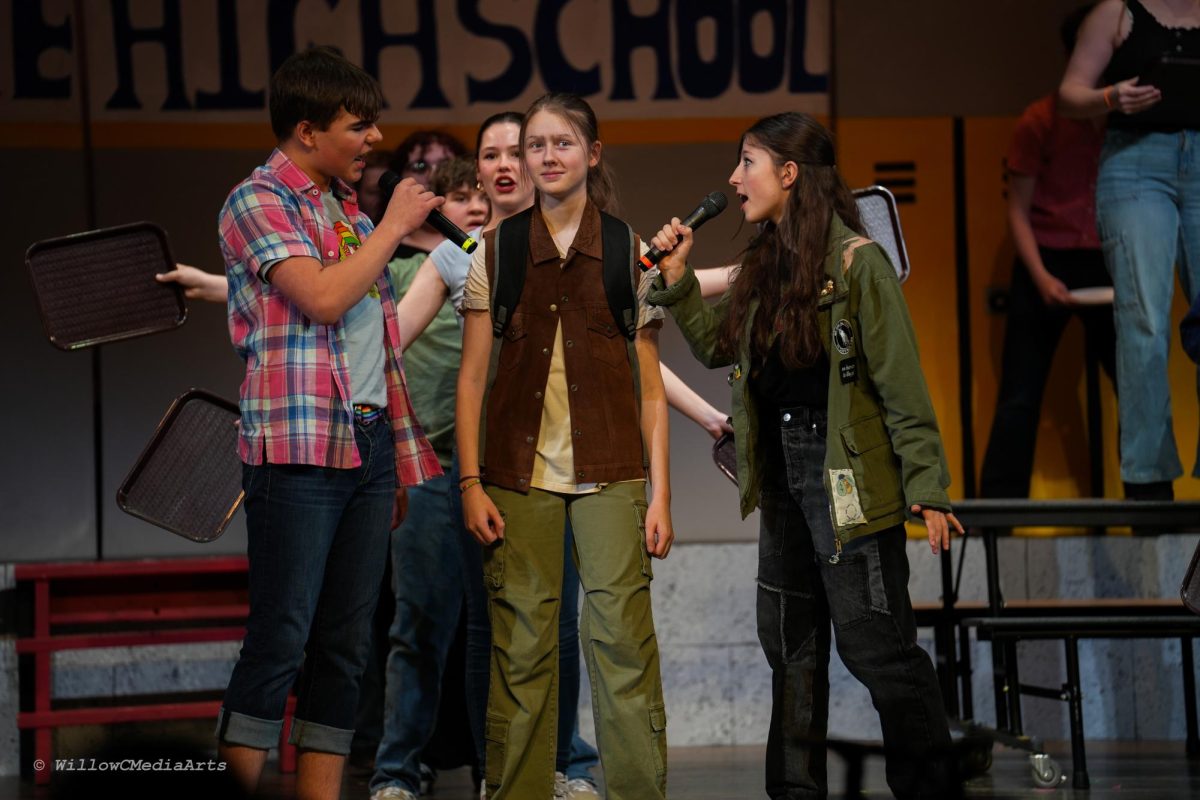


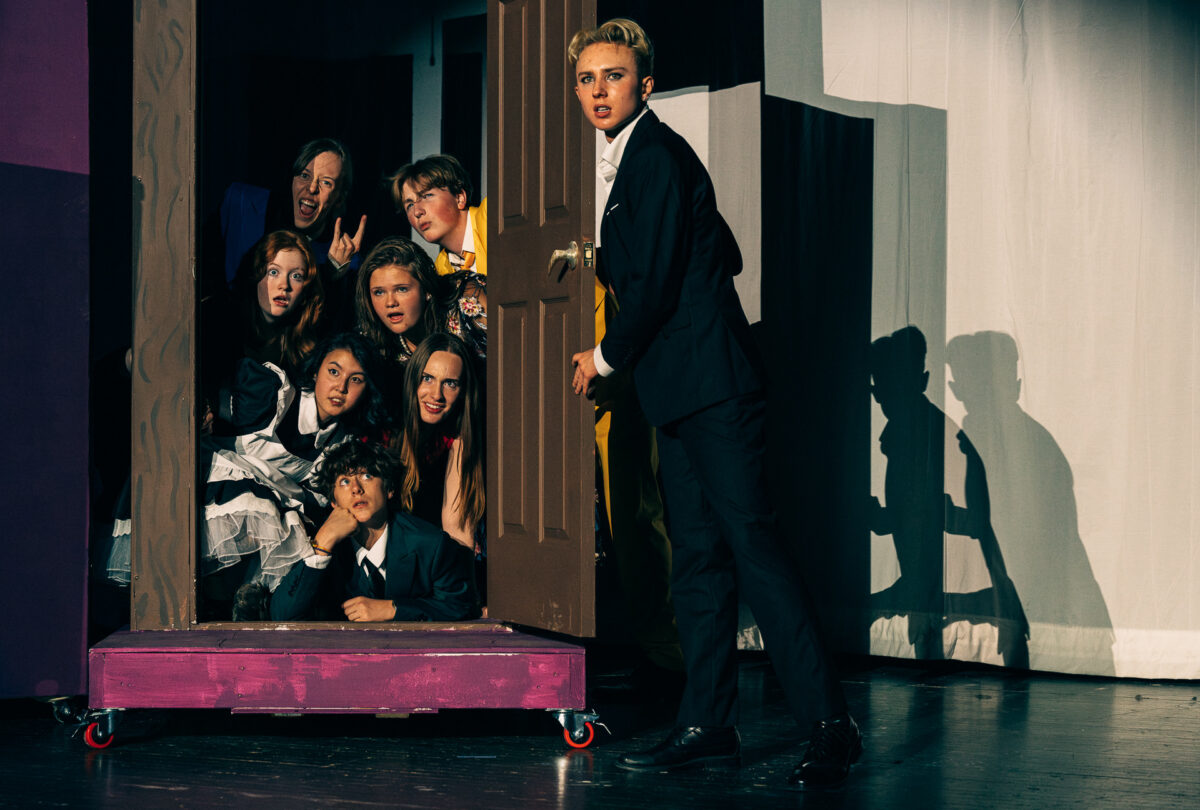
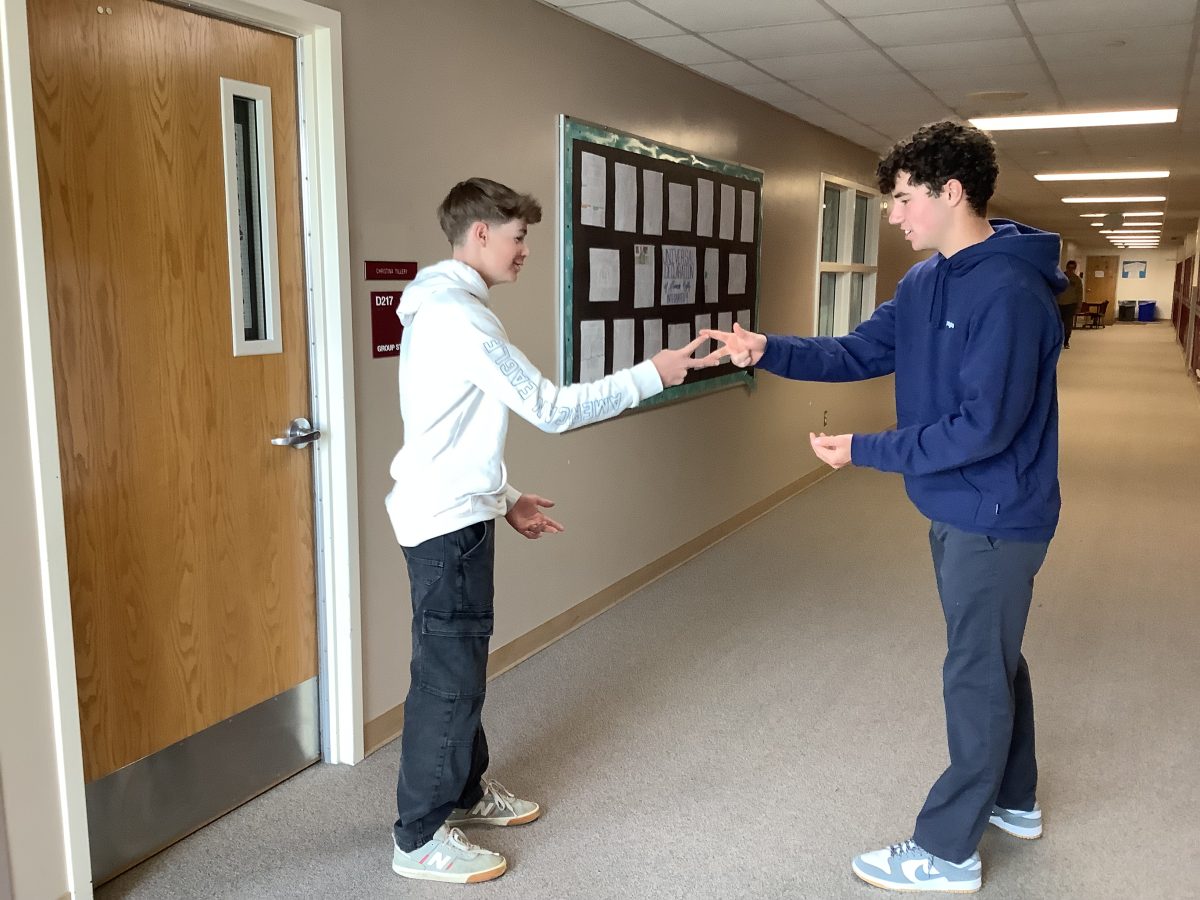

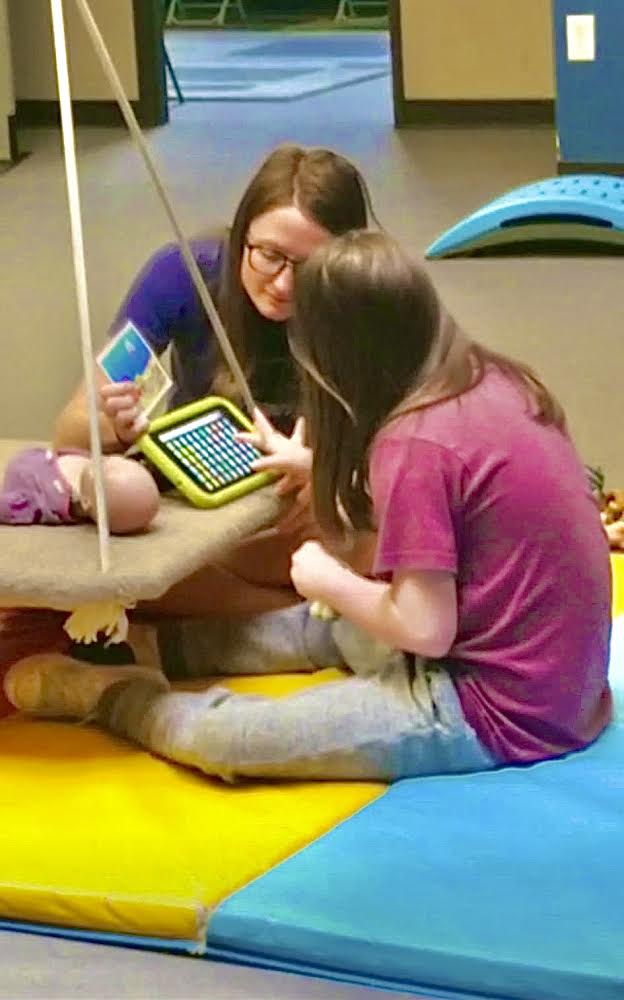
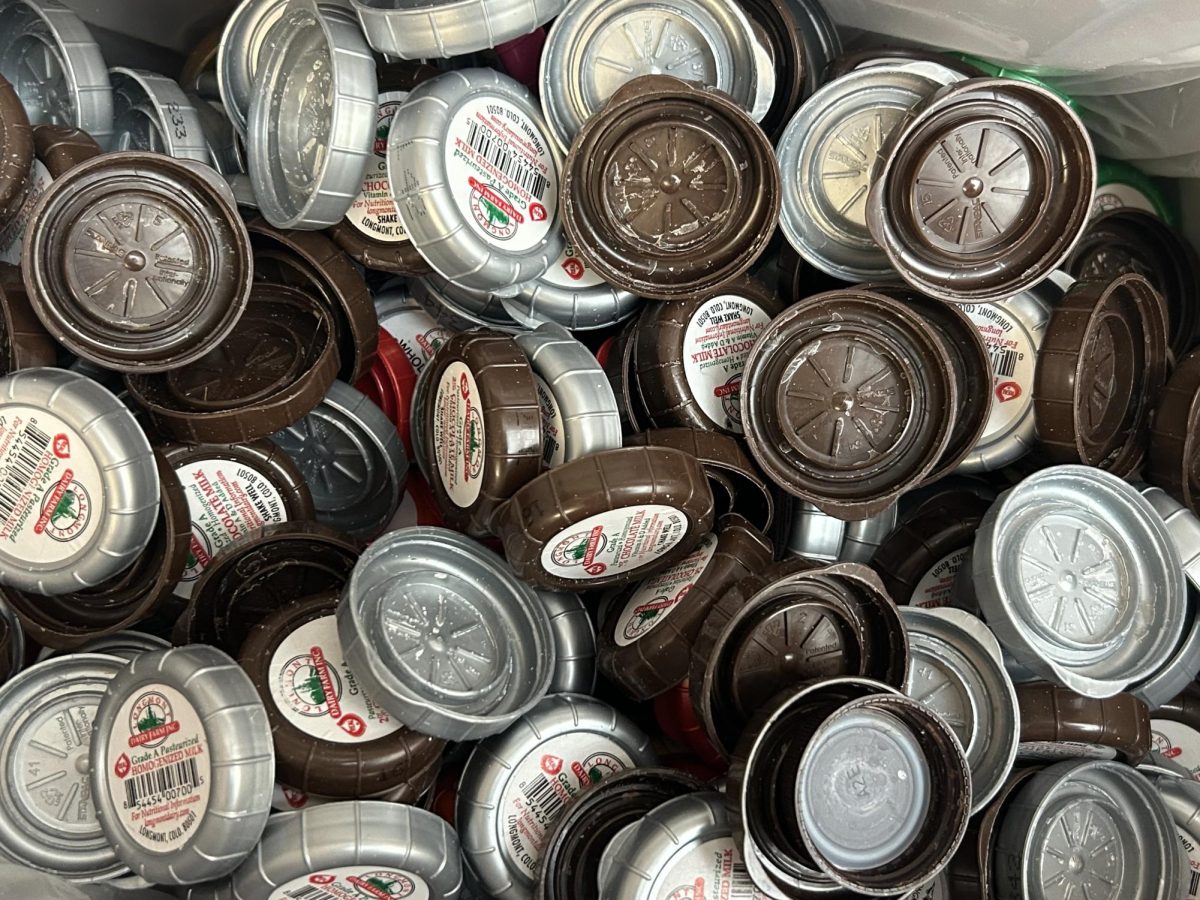

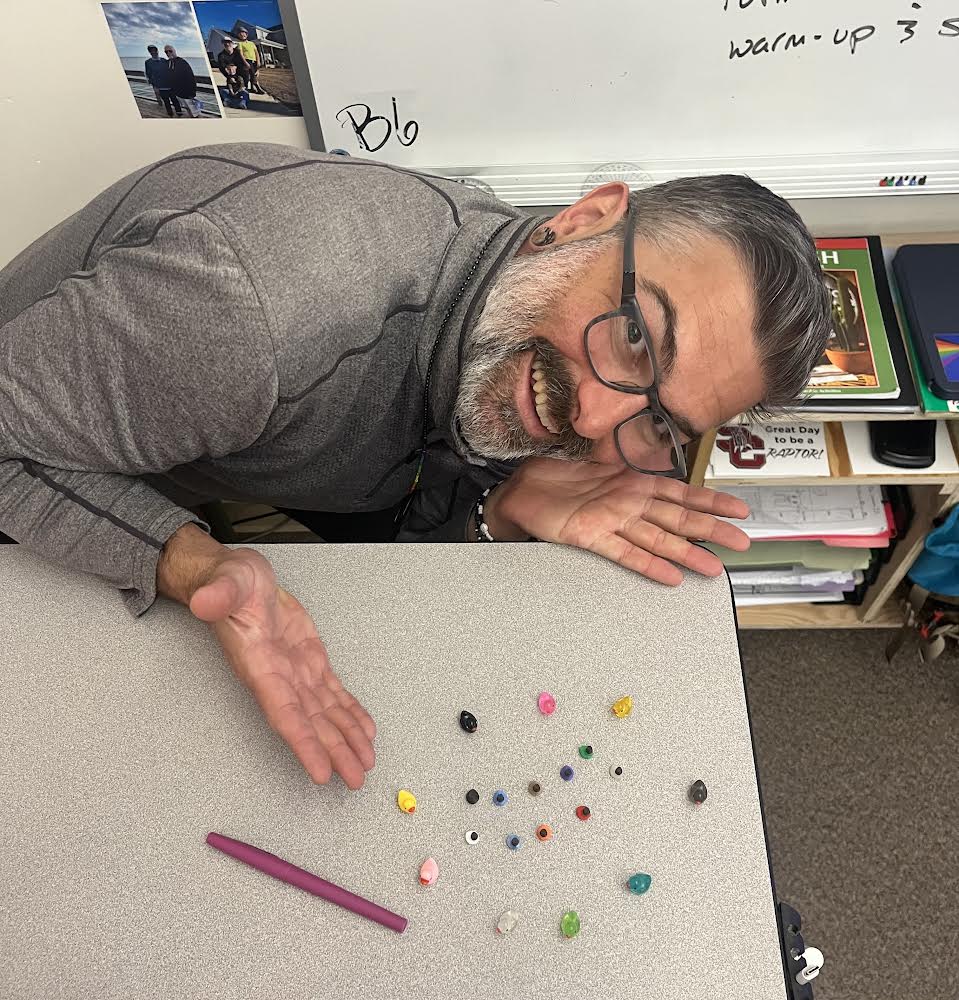
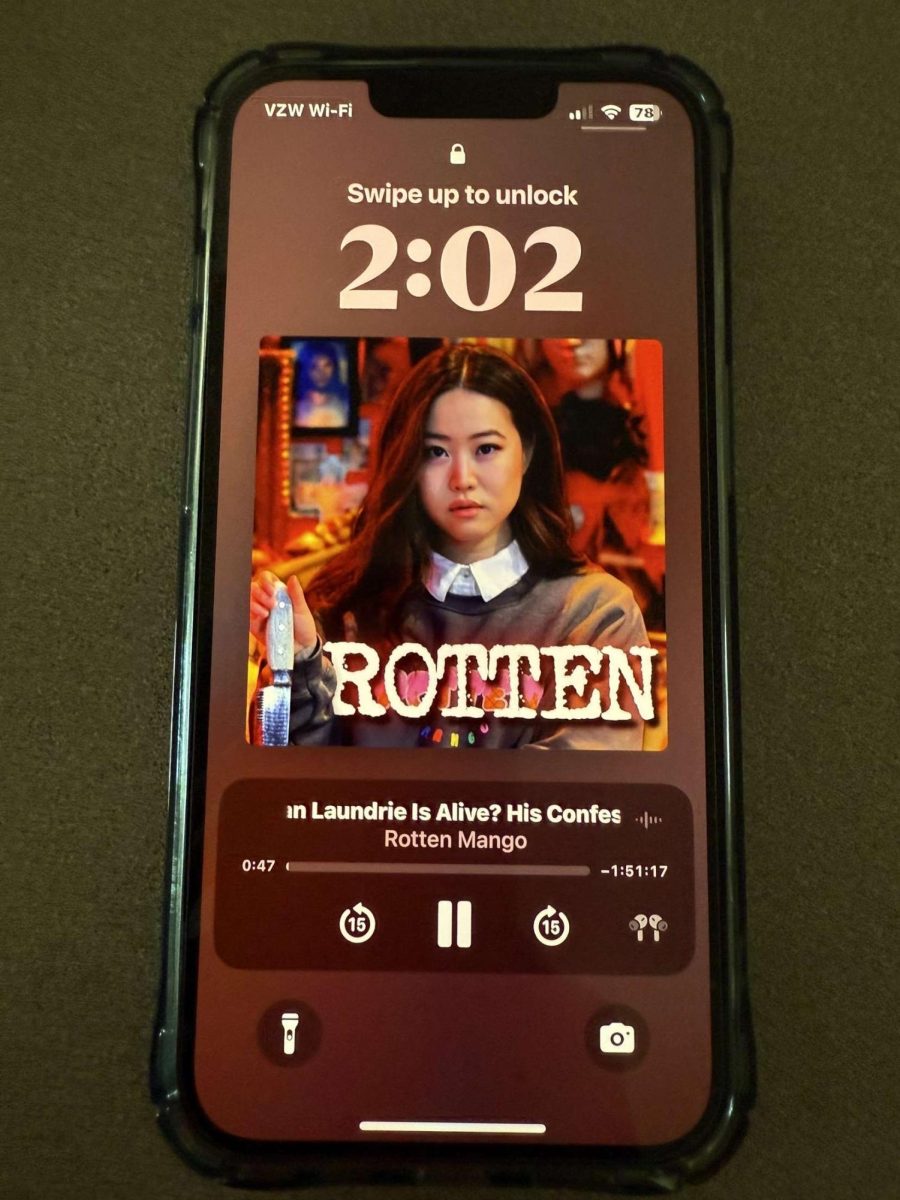




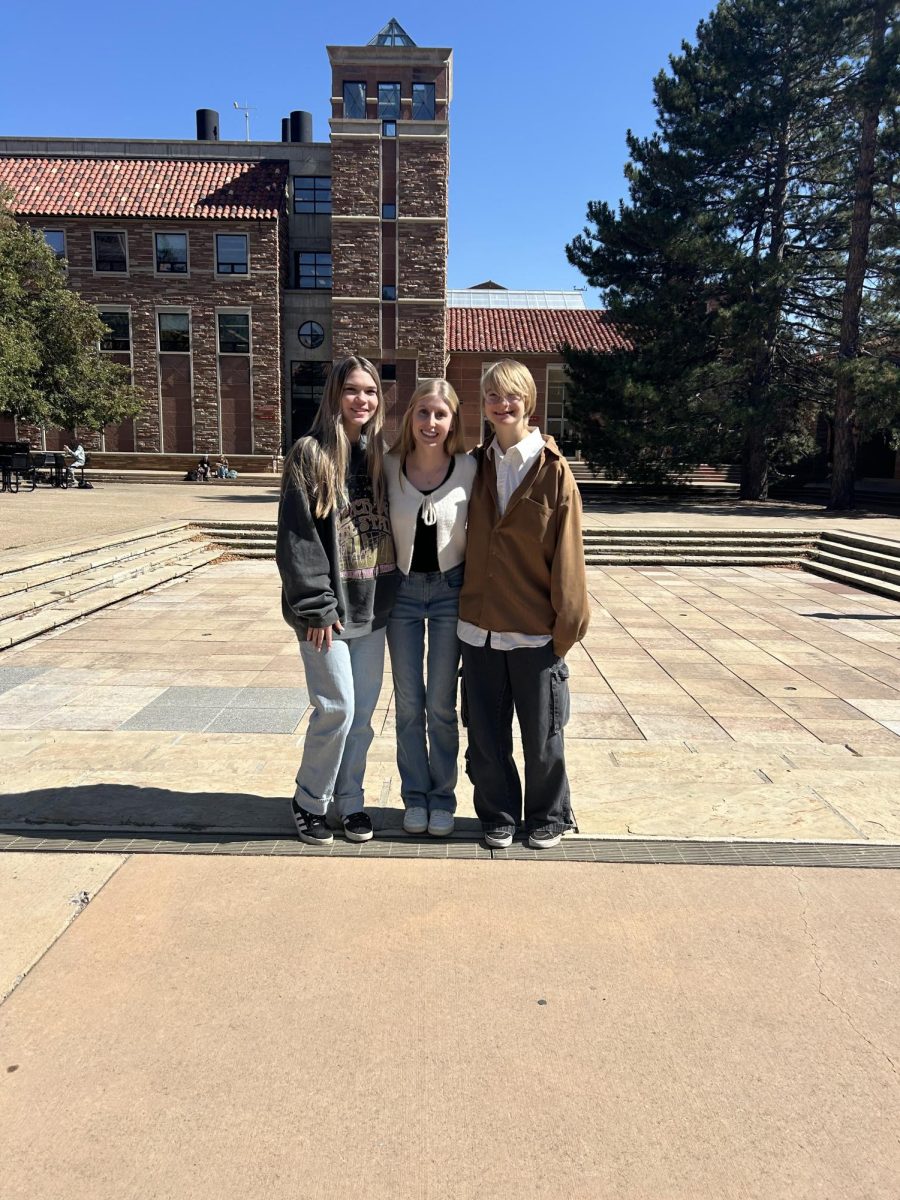
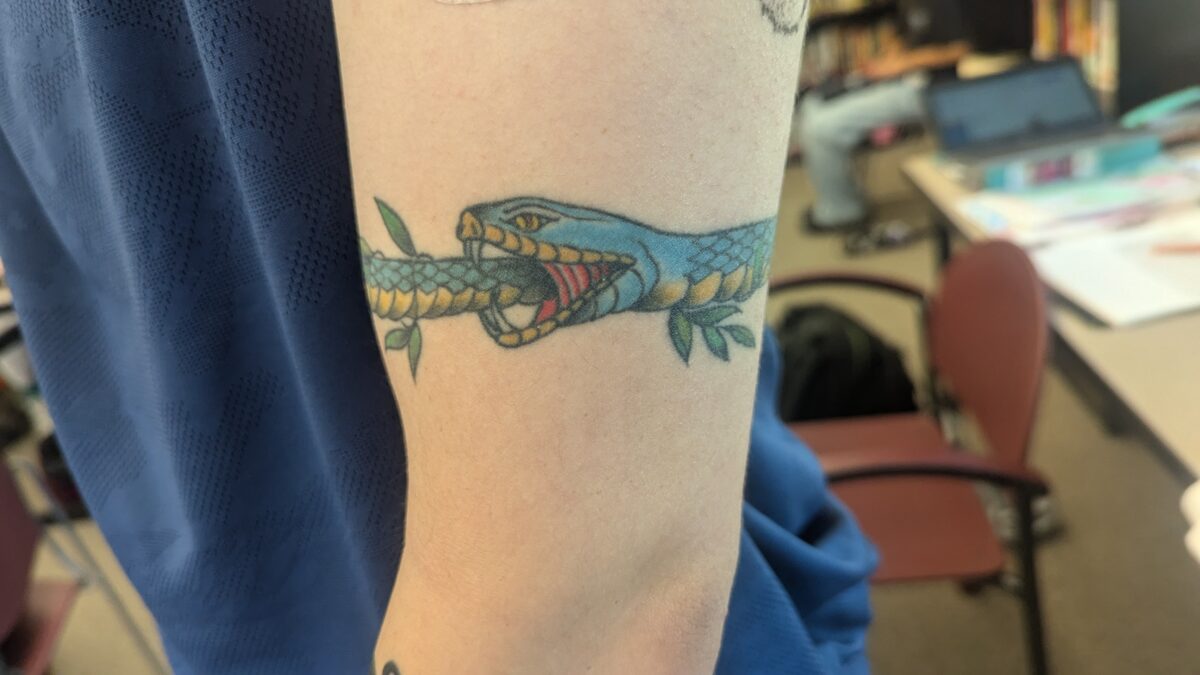

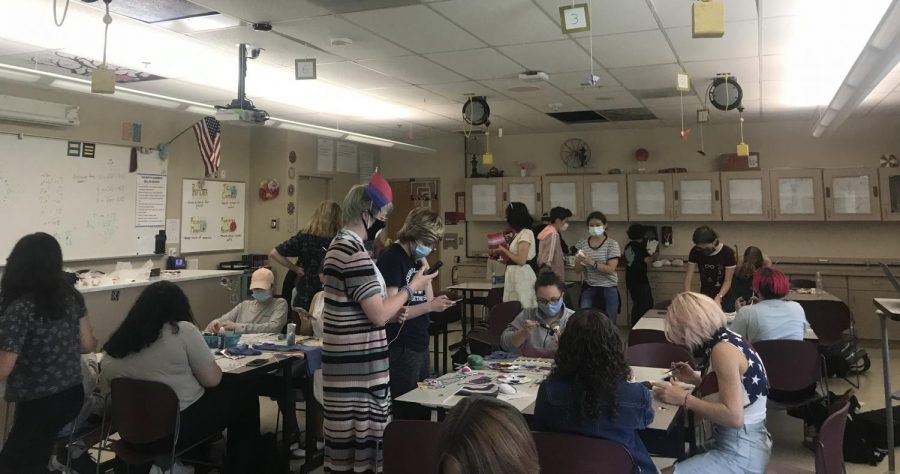

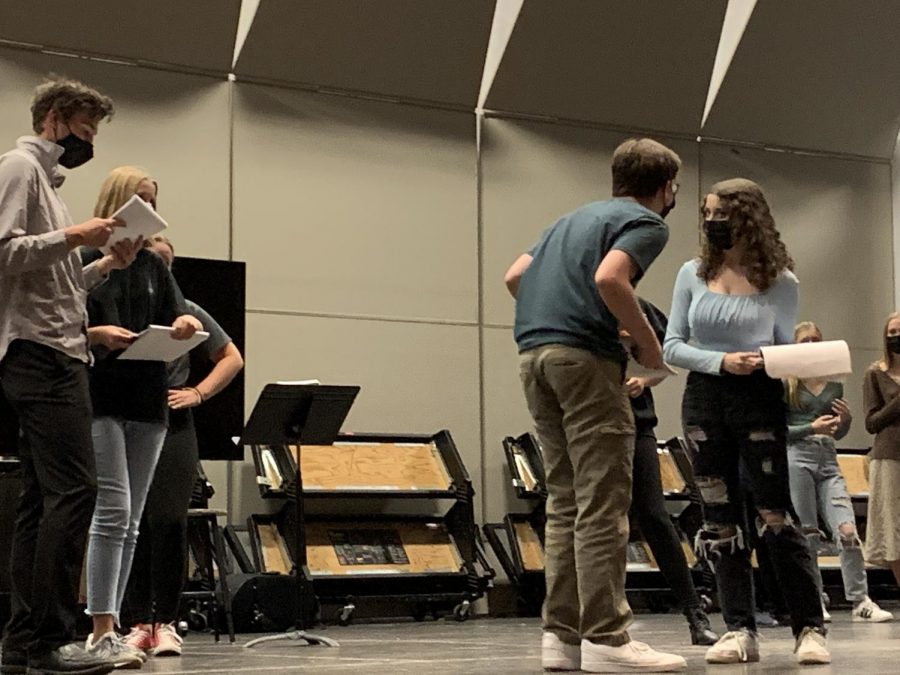
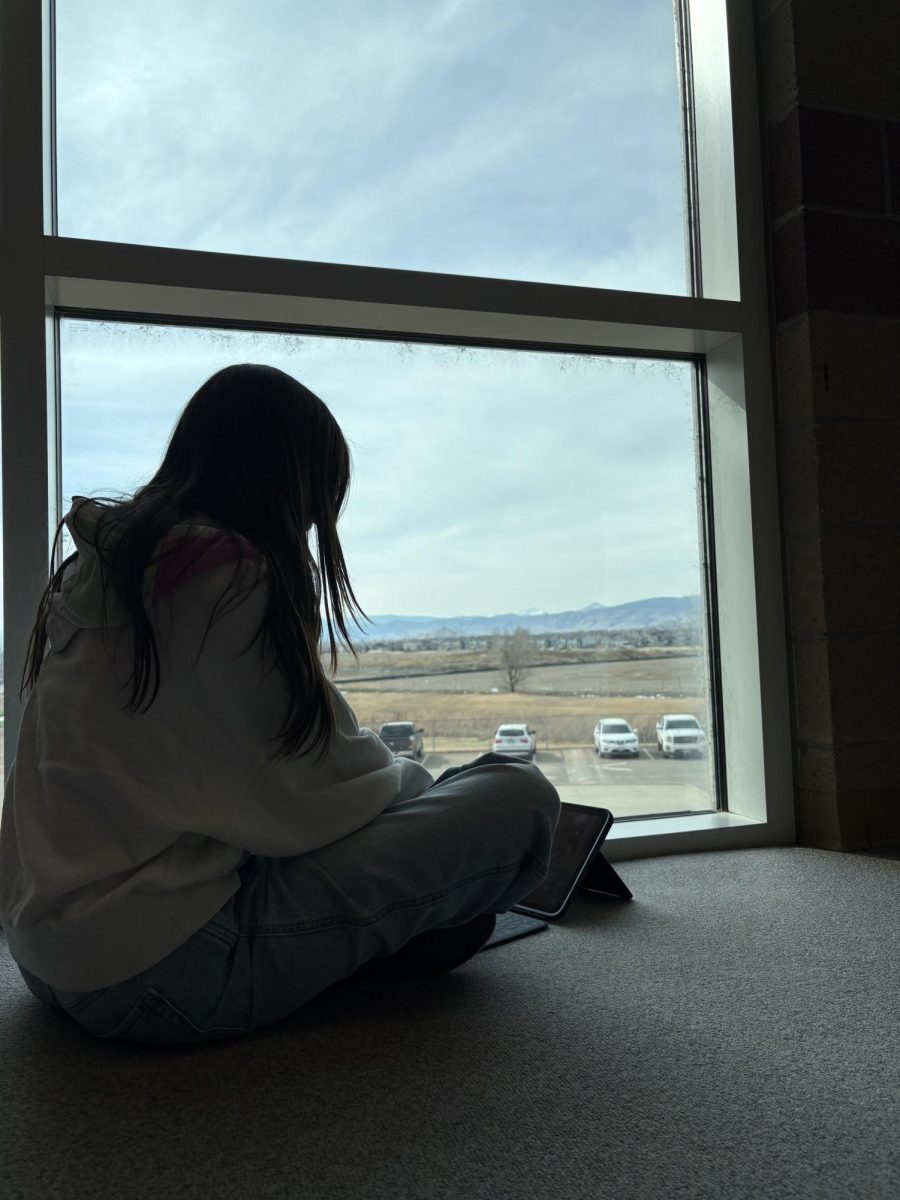
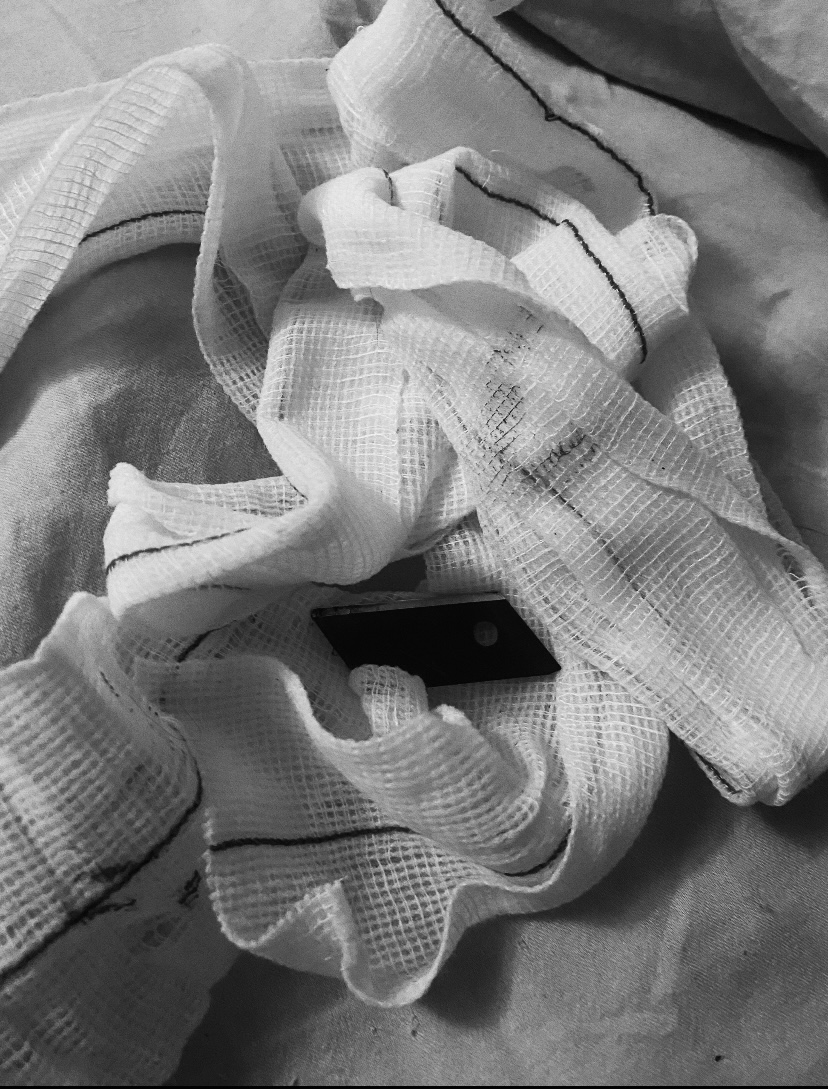
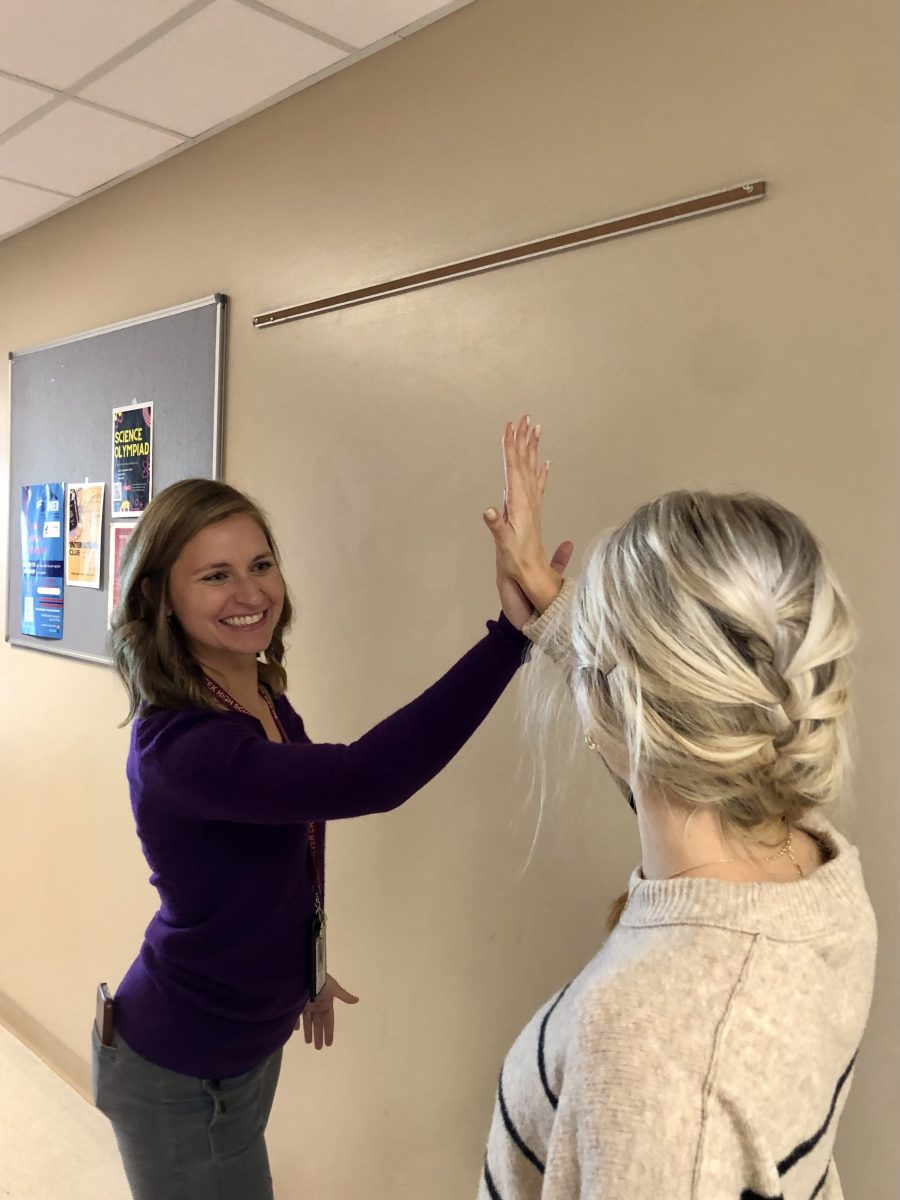
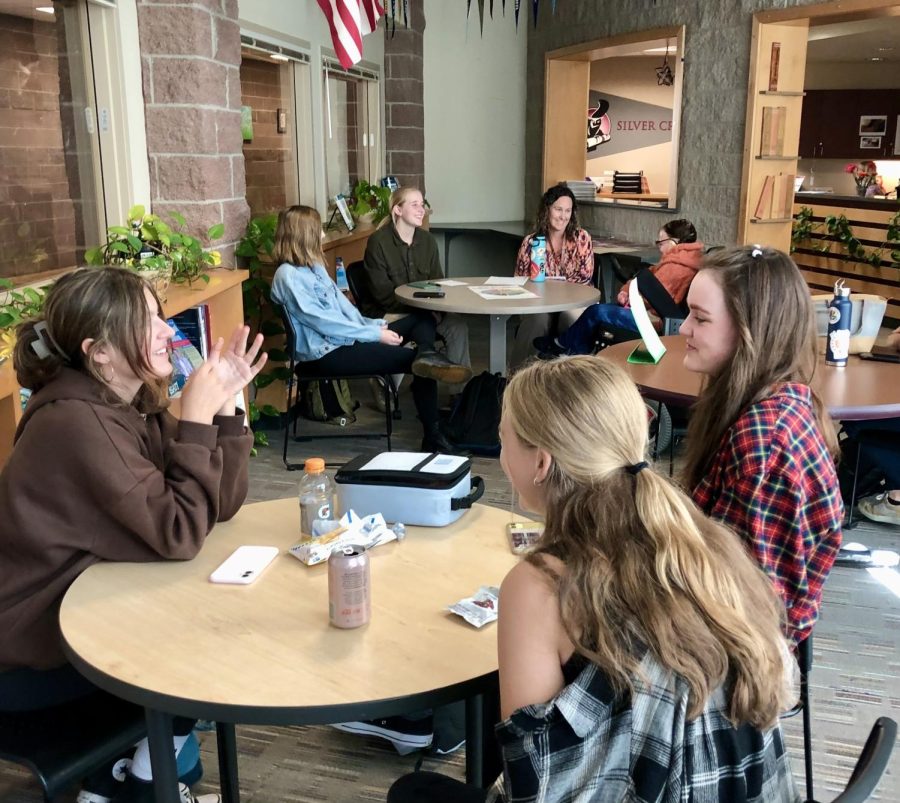

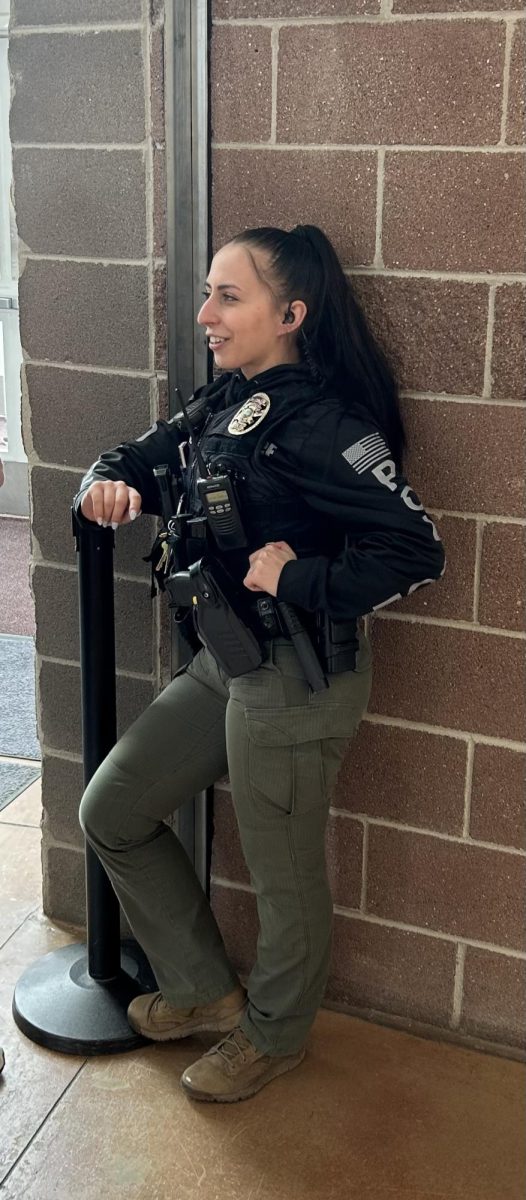

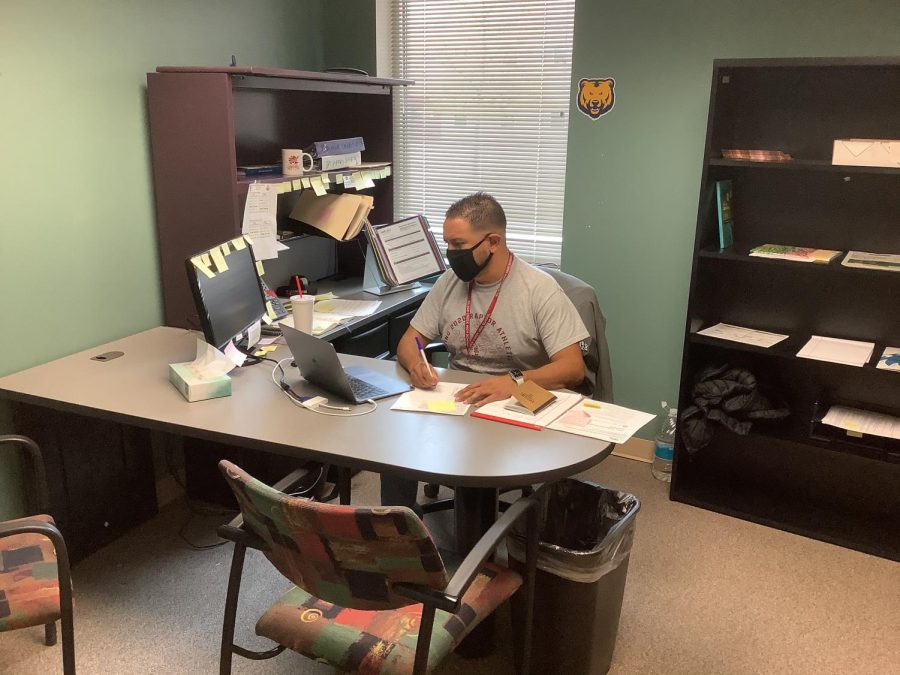
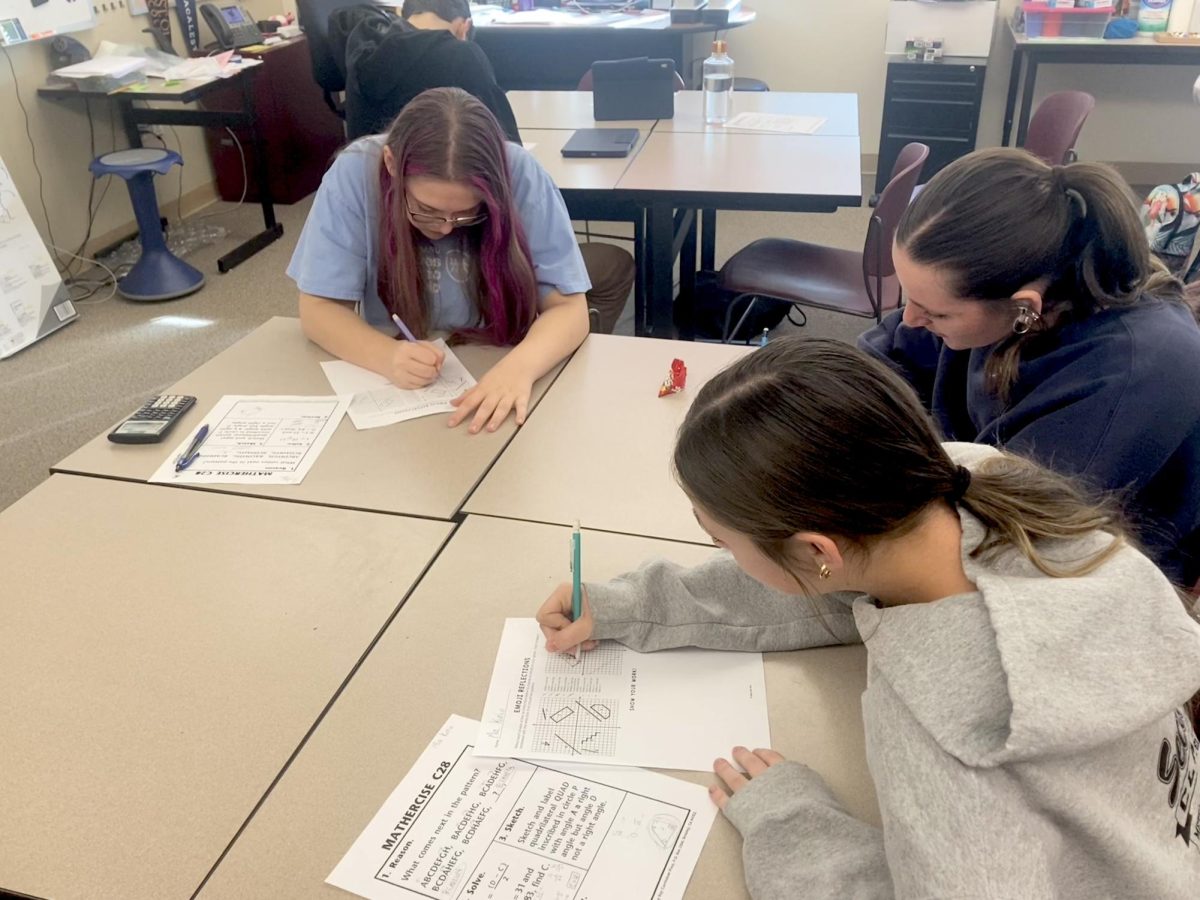
![Hosting the SCLA Casptone Mentor Dinner outside allowed for more attendees on September 27, 2021 at Silver Creek. This event would’ve usually been held inside. According to Lauren Kohn, a SCLA 12 teacher, “If we have a higher number of people, as long as we can host the event outside, then that seems to be keeping every[one] safe”.](https://schsnews.org/wp-content/uploads/2021/11/sxMAIGbSYGodZkqmrvTi5YWcJ1ssWA08ApkeMLpp-900x675.jpeg)

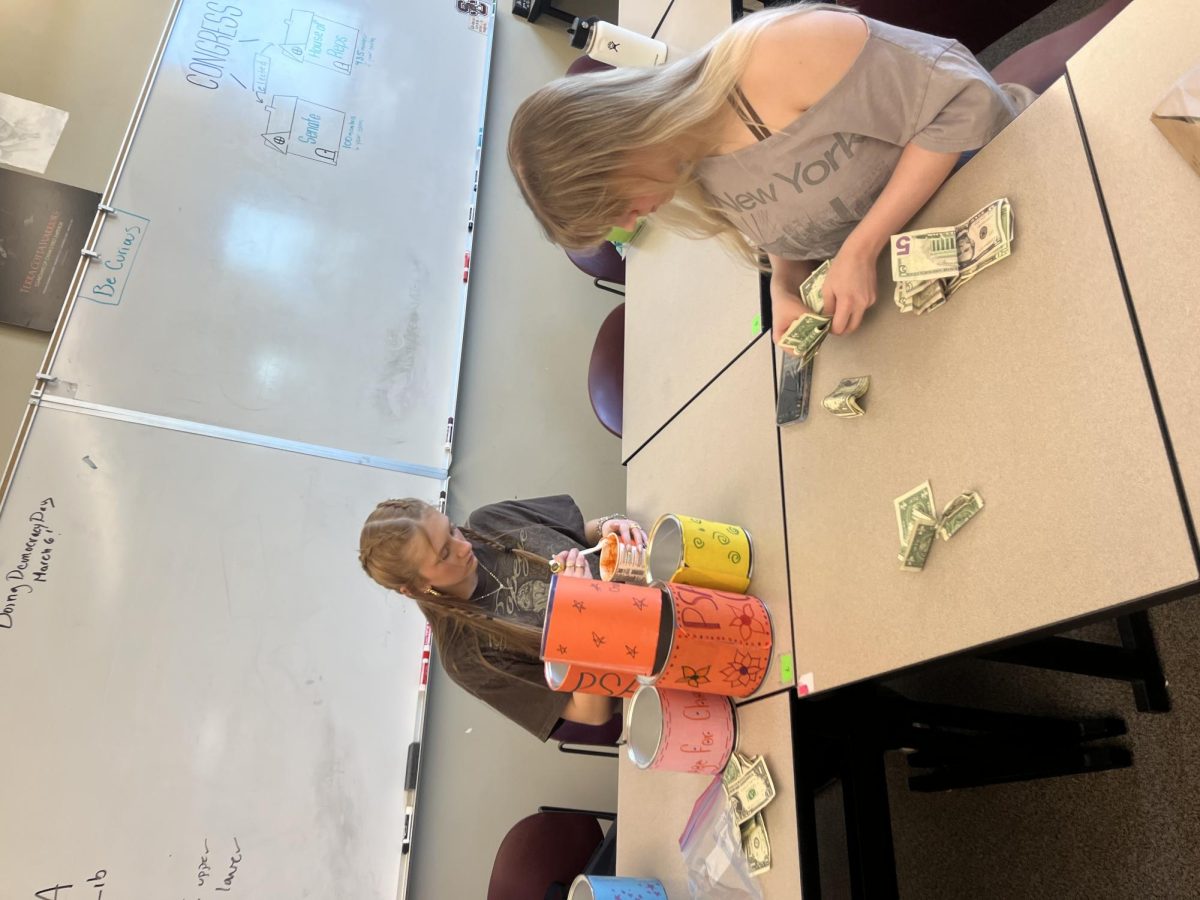
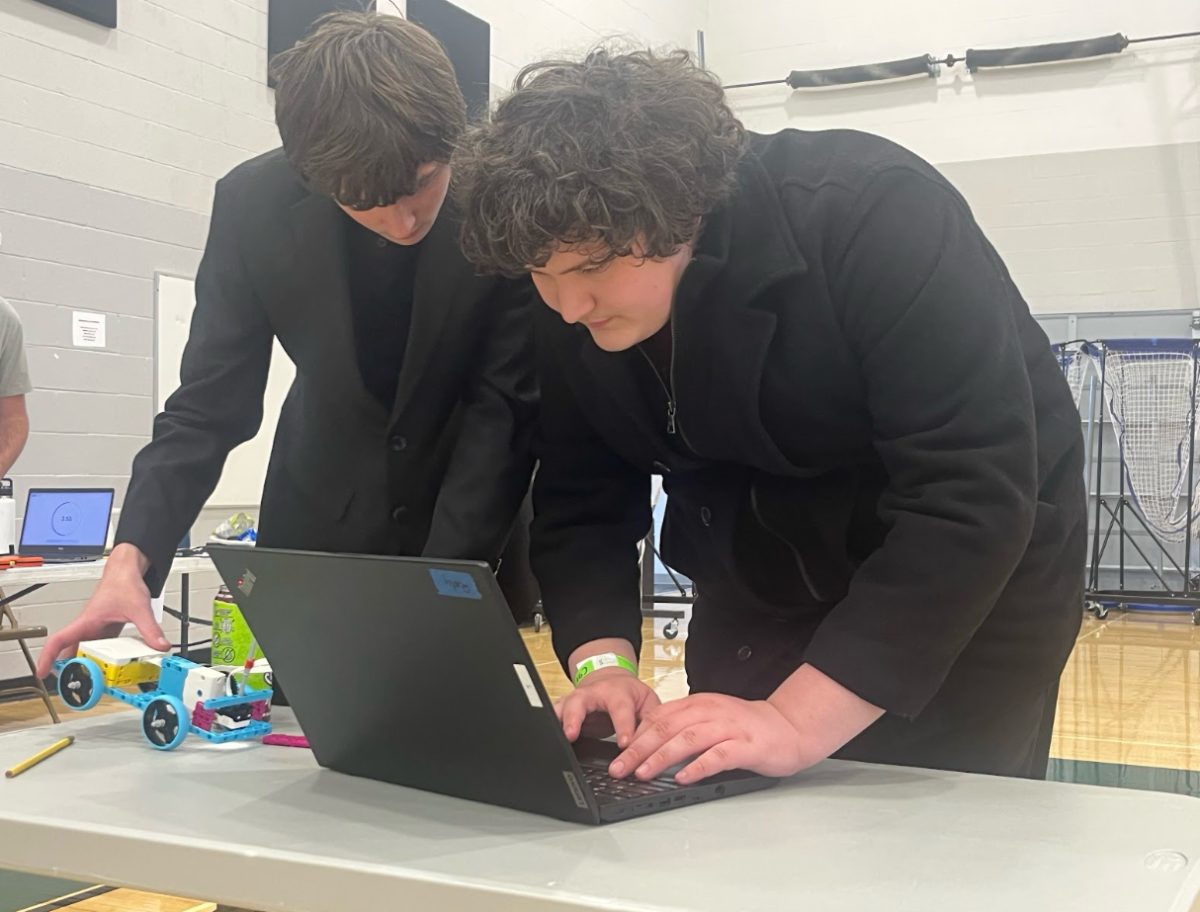

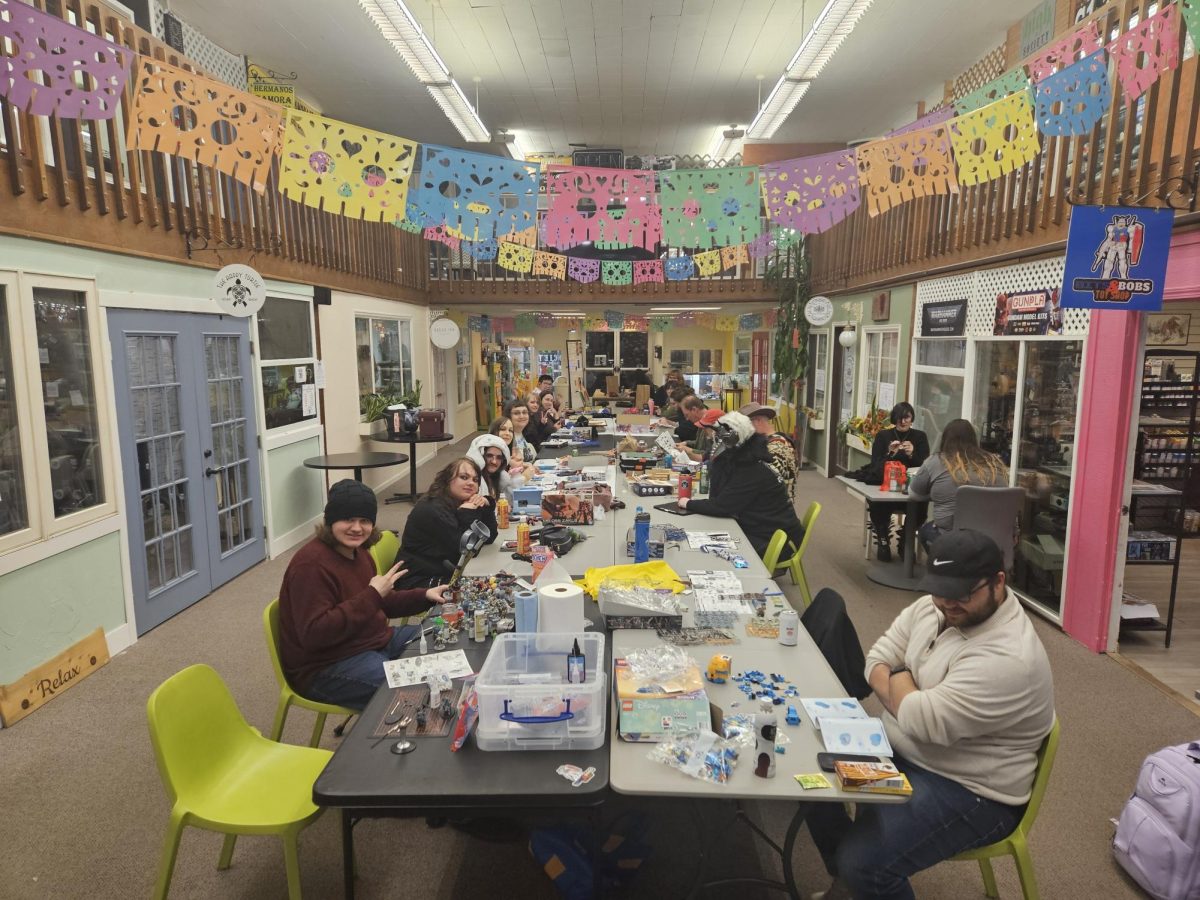
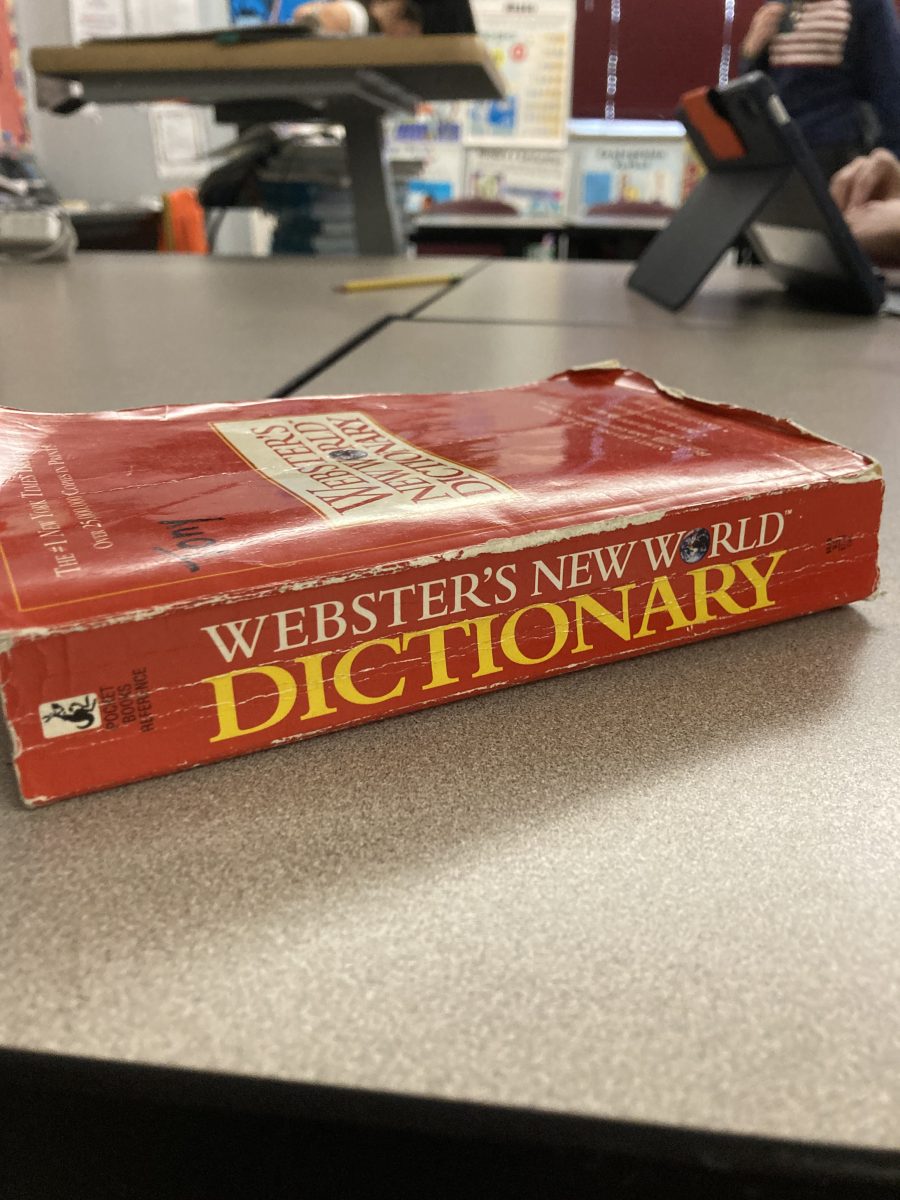
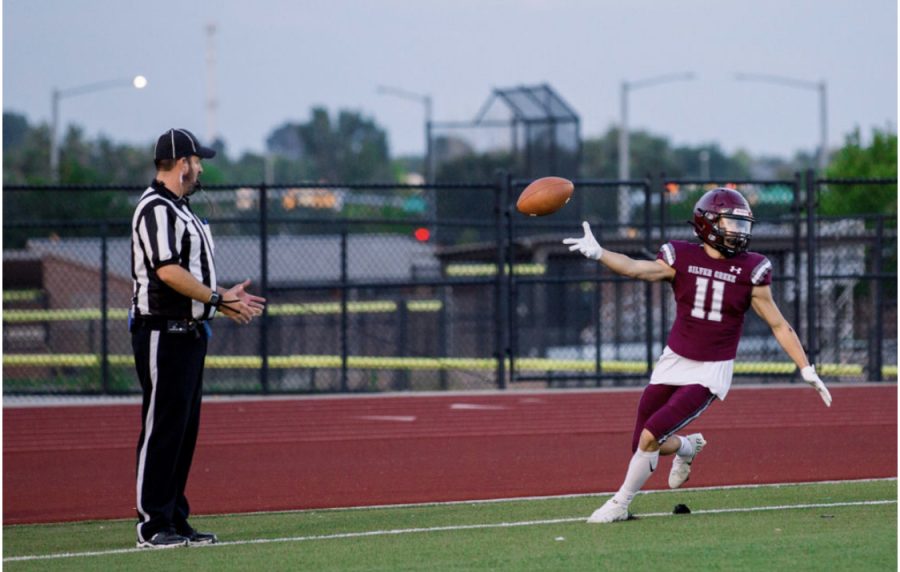

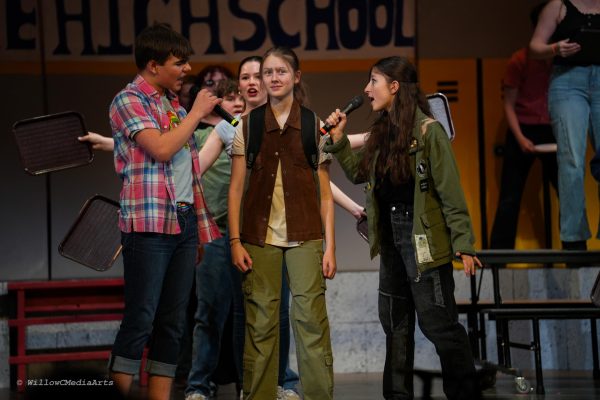


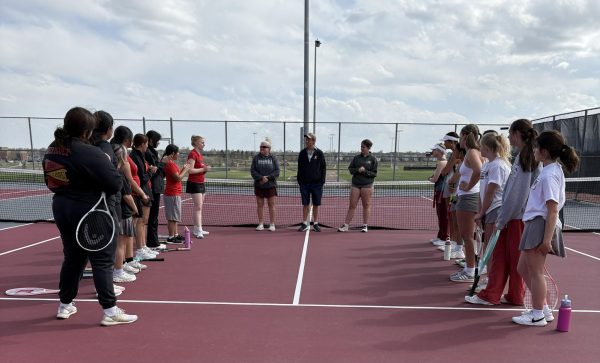
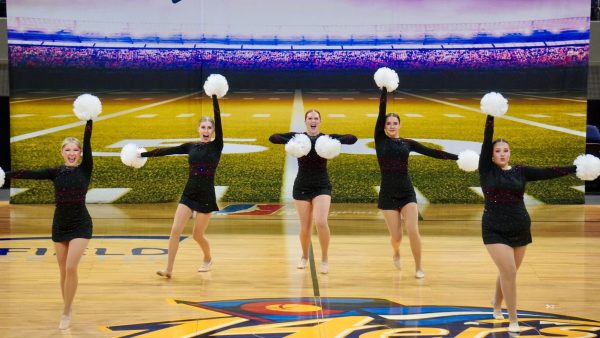
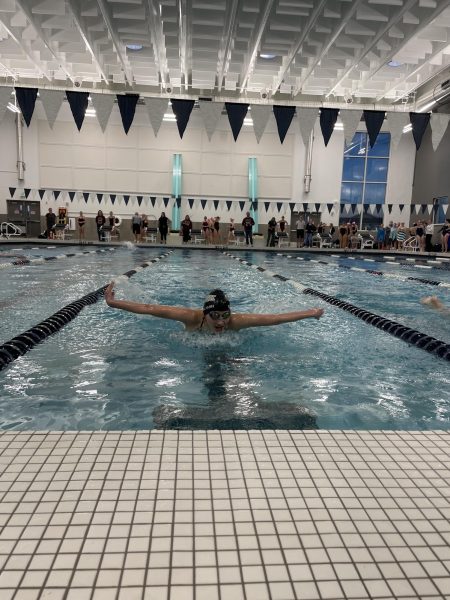
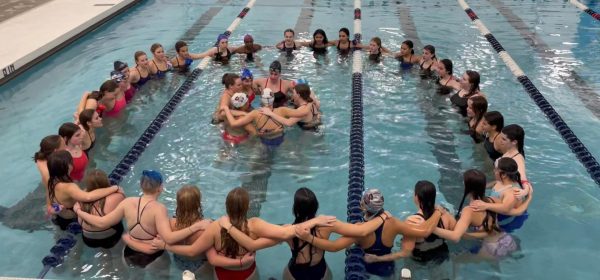
Xavier • Nov 19, 2021 at 2:24 pm
I really like how you got so many view points of players and coaches. I’m glad you brought up the athlete point of view.